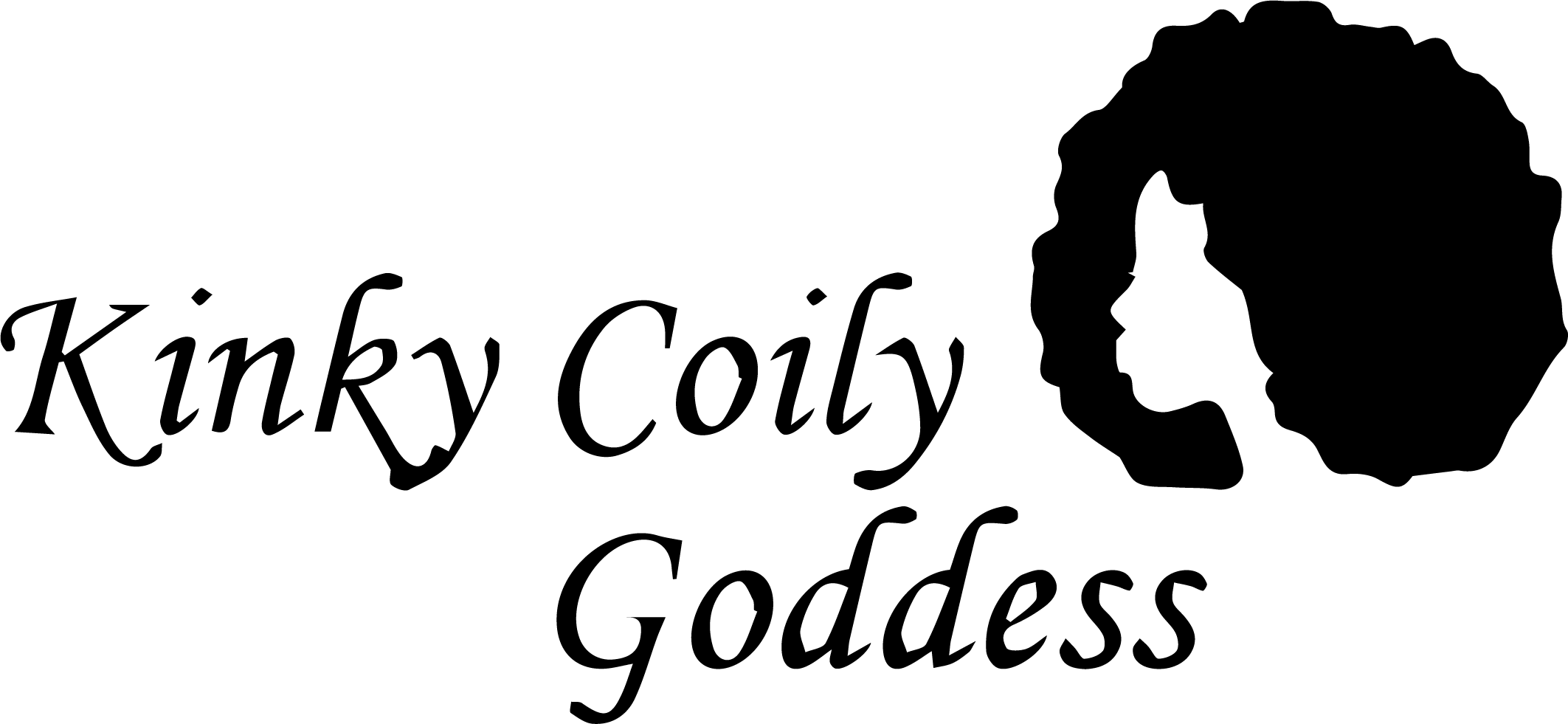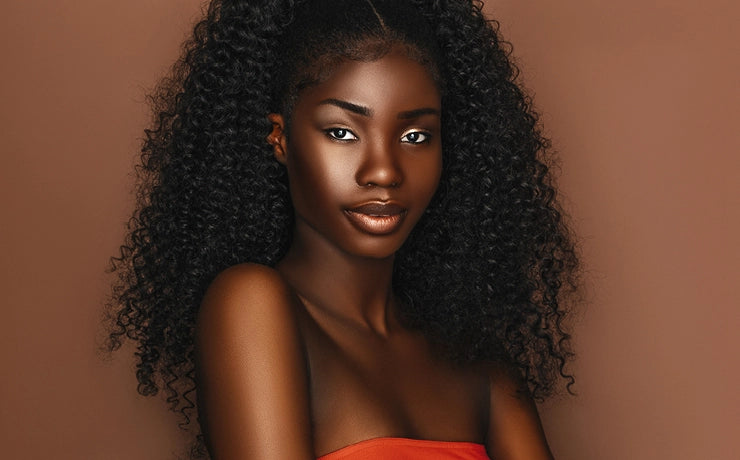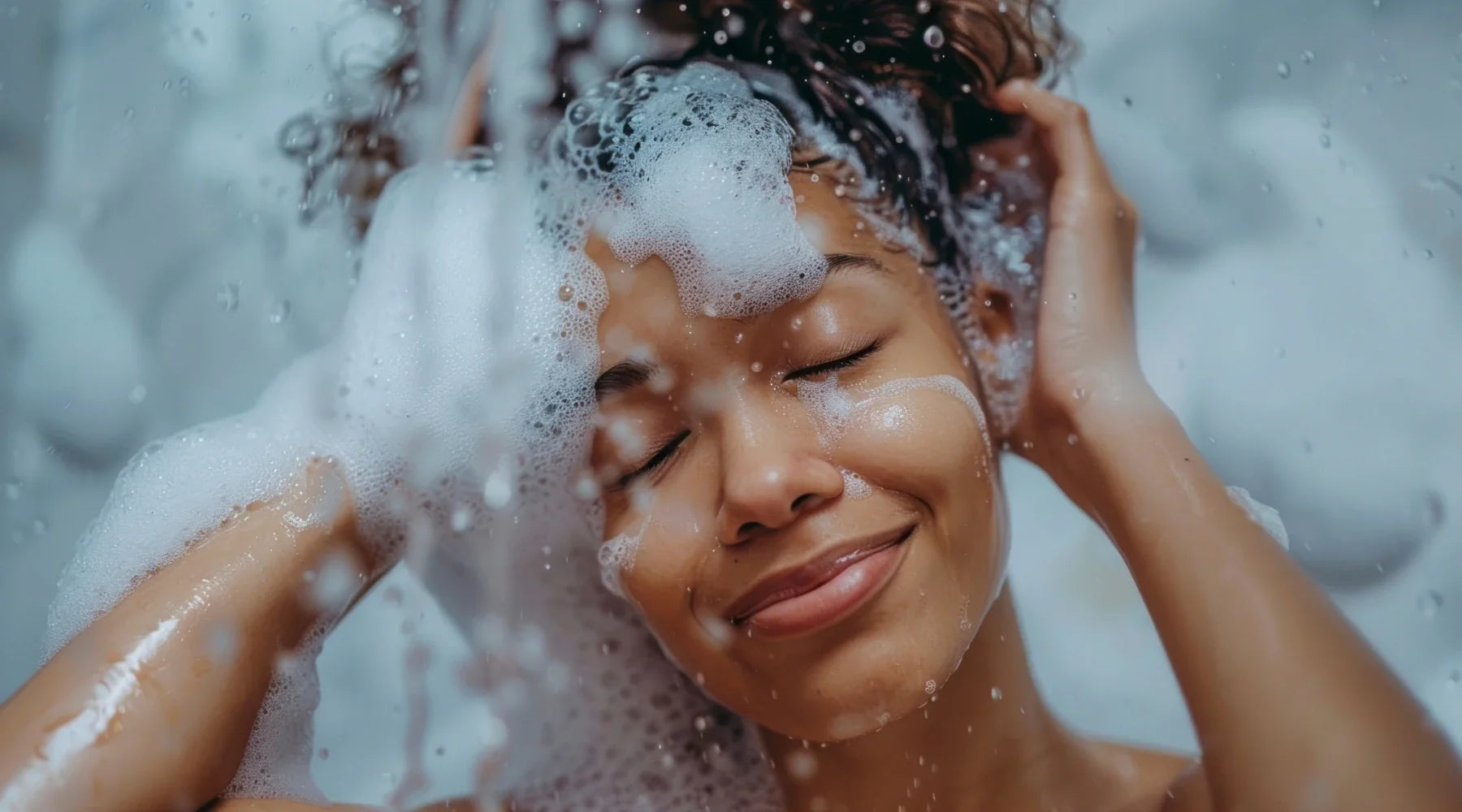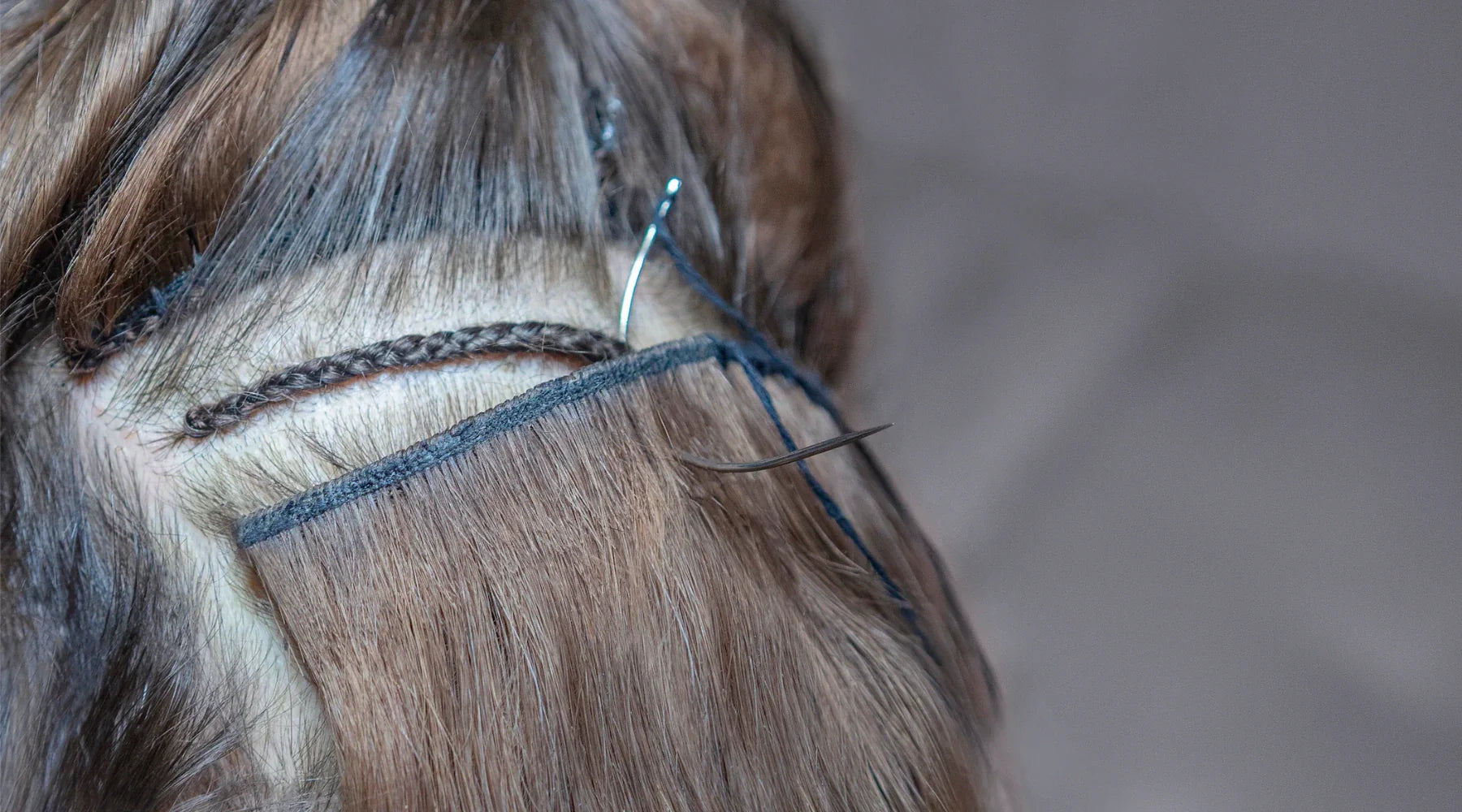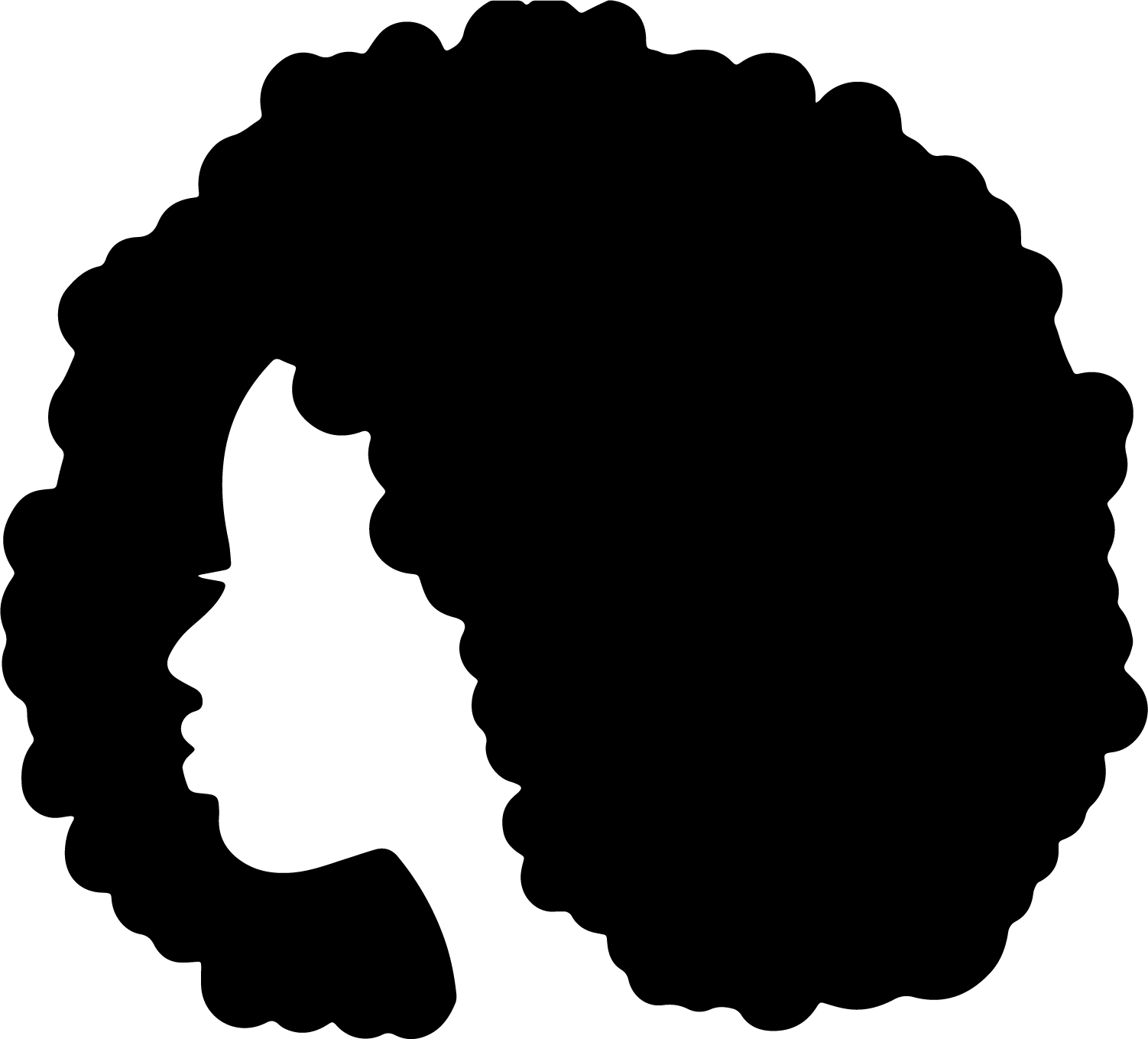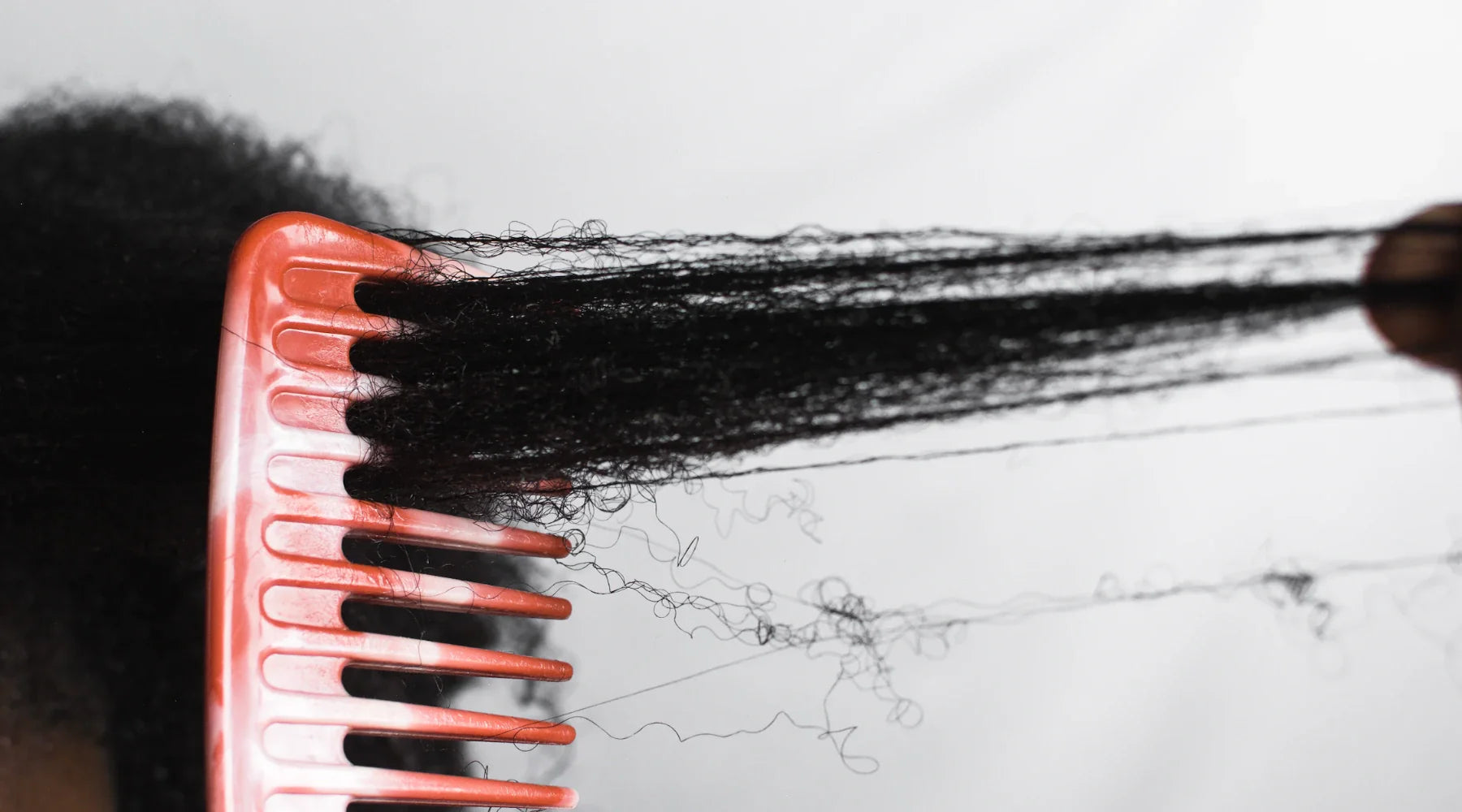
How to Prevent Matting in Afro-Textured Hair: A Complete Guide
Afro-textured hair is stunningly beautiful, versatile, and full of character, but it requires extra care due to its unique structure. One of the most common challenges faced by individuals with afro-textured hair is matting, which occurs when strands become tangled and form knots. This can lead to breakage, dryness, and difficulty styling.
With the right natural hair care routine and understanding of the causes of tangles, you can keep your hair hydrated, healthy, and tangle-free. Whether you're maintaining your curls or rocking natural hair extensions, this guide provides expert tips, techniques, and product recommendations to prevent matting while preserving your hair’s beauty.
What Causes Matting in Afro-Textured Hair?
Matting occurs when hair strands intertwine, creating knots that are hard to detangle. Afro-textured hair, with its tightly coiled structure, is particularly prone to matting. Factors such as dryness, over-manipulation, and even sleeping without protection can exacerbate the issue.
Common Causes of Matting:
- Dryness: Afro-textured hair often lacks moisture, making it brittle and prone to knots.
- Neglecting Detangling: Skipping regular detangling sessions can lead to significant tangles.
- Sleeping Without Protection: Friction from cotton pillowcases or sheets can increase tangling and frizz, making a nighttime hair care routine essential.
- Hair Length: Longer hair has more surface area for strands to intertwine, leading to matting.
By addressing these causes and following a knot-free wash day routine, you can keep your hair manageable and healthy.
7 Proven Ways to Prevent Matting in Afro-Textured Hair
1. Keep Your Hair Moisturized
Dryness is one of the leading causes of tangling and matting. Proper hydration helps maintain elasticity and smoothness, reducing the chances of knots forming.
Moisturizing Tips:
- Use a Leave-In Conditioner: Lightweight leave-ins like Kinky-Curly Knot Today or As I Am Leave-In Conditionerare perfect for providing hydration and reducing friction between hair strands.
- Seal in Moisture with Oils: After applying a water-based moisturizer, lock in hydration with oils such as jojoba, argan, or castor oil. These are among the best oils for 4C hair due to their sealing properties.
- Incorporate Deep Conditioning: Use hydrating deep conditioners like Aunt Jackie’s Fix My Hair Intensive Repair Conditioning Masque weekly to restore lost moisture. This is one of the best ways to reduce frizz and prevent knots in curly hair.
2. Detangle Regularly and Gently
Regular detangling is a cornerstone of any natural hair care routine, as it helps remove shed hair and knots before they can turn into mats.
Detangling Tips:
- Work in Small Sections: Dividing your hair into manageable sections makes the process more effective and minimizes breakage.
- Use the Right Tools: Wide-tooth combs or detangling brushes like the Tangle Teezer reduce pulling. For extra control, finger detangling works wonders.
- Start from the Ends: Always begin at the tips of your hair and work upwards to the roots, reducing tension and potential damage.
- Add Slip with Detangling Products: Products like TGIN Green Tea Super Moist Leave-In Conditioner make detangling easier by providing extra lubrication.
3. Choose Protective Styles Wisely
Protective styles, such as braids, twists, or buns, are excellent for reducing manipulation and preventing tangling. However, improper care or leaving styles in for too long can lead to matting, especially at the roots.
Protective Styling Tips:
- Prep Your Hair: Detangle and moisturize thoroughly before installing any style. This step is essential for maintaining low-manipulation hairstyles for natural hair.
- Avoid Tight Styles: Overly tight braids or twists can create tension, leading to breakage and scalp discomfort.
- Keep Styles Short-Term: Protective styles should generally be worn for no longer than 6-8 weeks to prevent tangles from forming at the roots.
- Use Silk or Satin at Night: A silk scarf or pillowcase reduces friction, preserving your style and preventing tangling overnight.
4. Trim Regularly to Maintain Healthy Ends
Split ends and damaged hair increase the likelihood of tangling. Regular trims keep your hair healthy and manageable while promoting smoother detangling.
Trimming Tips:
- Dust Your Ends: This involves snipping only the damaged parts, preserving the length while eliminating split ends.
- Schedule Professional Trims: Visit a stylist every 8-12 weeks to keep your hair in optimal condition and reduce tangles.
5. Wash Hair in Sections for a Knot-Free Routine
Washing all of your hair at once can lead to excessive tangling. Washing in sections ensures that each part of your hair is cleansed and conditioned properly, without creating knots.
Section-Washing Tips:
- Divide your hair into 4-6 sections and loosely twist or braid each one.
- Shampoo and condition each section individually, ensuring all strands are hydrated.
- Detangle with a conditioner like SheaMoisture Jamaican Black Castor Oil Strengthen & Restore Conditioner while the product is still in your hair.
6. Use the Right Products for Afro-Textured Hair
The products you use can make or break your hair care routine. Look for products specifically formulated for afro-textured hair to prevent tangling, dryness, and frizz.
Top Products for Preventing Matting:
- Leave-In Conditioners: Products like Cantu Shea Butter Leave-In Conditioning Repair Cream or As I Am Leave-In Conditioner provide hydration and help with detangling.
- Detangling Sprays: Detangling sprays like Kinky-Curly Knot Today add slip, making it easier to comb through your hair.
- Sulfate-Free Shampoos: Harsh sulfates can strip moisture, leading to dryness. Opt for gentle shampoos like SheaMoisture Jamaican Black Castor Oil Shampoo to cleanse without over-drying.
7. Limit Over-Manipulation
Over-styling can weaken your hair, making it more prone to tangles and knots. Minimizing daily manipulation preserves your hair’s natural structure and reduces stress on your strands.
Low-Manipulation Styling Tips:
- Opt for Long-Lasting Styles: Twist-outs, braid-outs, and wash-and-go styles can last several days with minimal maintenance.
- Avoid Daily Restyling: Instead, refresh your style with light spritzes of water or leave-in conditioner.
- Finger Styling: Using your fingers instead of combs reduces friction and prevents tangling.
Additional Tips for Maintaining Afro-Textured Hair
To take your hair care routine to the next level, consider these additional practices:
- Steam Treatments: Add weekly steam treatments to improve hydration and enhance curl elasticity.
- Nighttime Protection: Use silk or satin scarves, bonnets, or pillowcases to protect your hair while you sleep, reducing friction and maintaining moisture.
- Hydrate From Within: Drink plenty of water and maintain a balanced diet rich in vitamins like biotin and omega-3 fatty acids to support healthy hair growth.
FAQs About Preventing Matting in Afro-Textured Hair
Q: How often should I detangle my afro-textured hair?
A: Detangle your hair at least once a week or more often if you notice significant shedding or knots forming.
Q: What are the best oils for afro-textured hair?
A: Oils like argan, jojoba, and castor oil are excellent for sealing moisture and preventing dryness, making them ideal for afro-textured hair.
Q: How can I reduce frizz in natural hair?
A: Regular deep conditioning, using a silk scarf at night, and applying lightweight oils can help reduce frizz and keep your curls defined.
Final Thoughts: Keep Your Afro-Textured Hair Healthy and Tangle-Free
Preventing matting in afro-textured hair is all about consistency and choosing the right techniques and products. By following a natural hair care routine that prioritizes hydration, gentle detangling, and low manipulation, you can keep your hair vibrant, defined, and free from tangles.
With the right approach, maintaining afro-textured hair becomes less of a challenge and more of an opportunity to embrace and celebrate its beauty.
